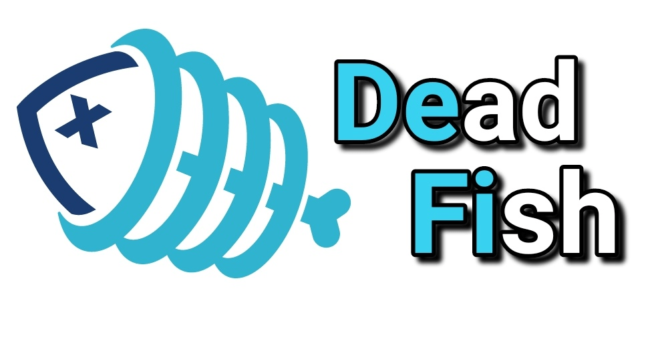Decentralized finance (defi) is escaping the Ethereum ecosystem that birthed it and permeating other crypto networks. From TRON to Polkadot and Cosmos to Tezos, smart contract chains are embracing the gospel of defi and the chance of redemption and relevancy it promises. Now, a group of developers from the Ardor community have gotten in on the act, creating a defi token that’s causing quite a stir. It’s named DeadFish and as its name suggests, there’s something off about it.
DeadFish Floats on Ignis Childchain
DeadFish (DeFi) is a fun project that’s sprung to life on Ignis, a childchain of the Ardor blockchain maintained by Jelurida. In a blog post outlining its vision behind DeadFish, the anonymous Ardor DeFi team mocks the defi fakers who promise to bank the unbanked and deliver financial freedom while only enriching themselves by peddling vaporware. Then, the team unveils its own vision for defi on Ardor:
“There is a finite supply of one trillion DeFi tokens, which is a perfect mix of the deflationary limited supply and enough for all the 7 billion people on the planet. DeFi (DeadFish) lives by the US Marine axiom of ‘No man (or woman or non-binary person) left behind’.”
Readers will have gleaned that the developers are not deadly serious about their DeFi token, but that doesn’t mean the entire project is a joke. Rather, it’s a clever dig at the blockchains trying to surf the defi wave and an advertisement for Ardor’s technical capabilities.
A Joke Coin With a Serious Message
One of the reasons why the vision underpinning defi has faded is because Ethereum fees have made the network suitable for little more than trading and shuffling large amounts of stablecoins around. While these are both legitimate use cases for Ethereum, the spike in transaction volume (daily network fees are now over $2 million) has rendered low-value transactions infeasible. Other blockchain networks have greater scalability than Ethereum, and thus lower fees, albeit without the same network effects.
The launch of DeadFish has given its team an opportunity to emphasize the capabilities of Ardor’s blockchain network, noting: “Unlike Ethereum, [Ardor] does not have a bloat problem, it is easily scalable and the fees are miniscule as compared to the prohibitive fees in gas that Ethereum levies.”
Other strengths of the Ardor network that are highlighted include:
- Lightweight smart contracts that don’t have to be executed by every node
- Low barriers to entry: the DeadFish token can be obtained on the Ardor DEX or by tweeting the DeFi bot with an Ardor wallet address.
- Business development: Ardor is being used for a number of serious initiatives including a blockchain project initiated by the Austrian government.
Defi on Ethereum Has Its Share of DeadFish
While the DeadFish token is only available on Ardor, Ethereum has its share of defi projects whose tokens are about as likely to see global adoption. The rapid growth of defi into a multi-billion dollar industry based on total assets locked has prompted a digital gold rush that evokes the ICO boom of 2017. The rising value of the assets stored in smart contracts, meanwhile, has provided strong incentives for attackers to try and exploit them for financial gain.
More than half a dozen defi hacks and exploits have occurred in 2020, with the most recent taking place on August 4 when over $370,000 of USDC was removed from defi risk management service Opyn. The irony is palpable. DeadFish may not change the world or signal the end of defi on Ethereum, but at least its developers are honest about their intentions, and in crypto, that’s quite refreshing.




